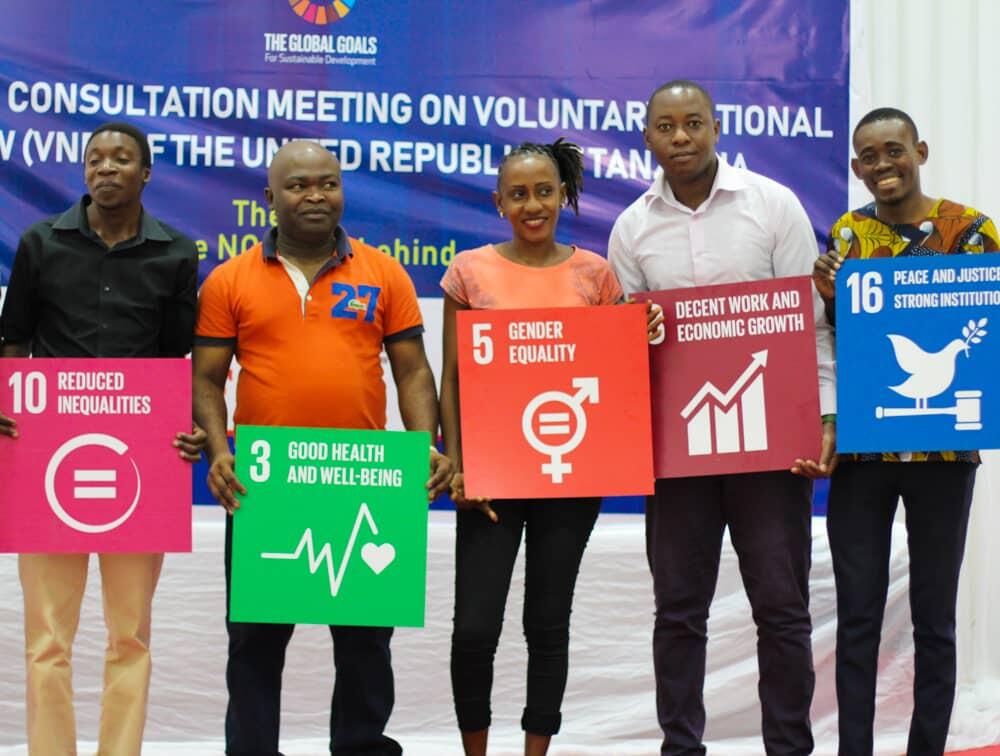A well-functioning civil registration and vital statistics (CRVS) system records information on vital events, including all births and deaths, issues relevant certificates as proof of such registration, and compiles and disseminates vital statistics, including cause of death information (and where migration data is also available can produce population estimates). Where a CRVS has a high level of coverage and completeness, it is the preferred source of vital statistics due to the ongoing and timely collection of data.
In 2016, UNFPA provided support to the Zanzibar Civil Status Registration Agency (ZCRSA) to create an electronic and modern civil registration system. Prior to its launch civil registration was completed manually in Zanzibar. The electronic CRVS is now fully functioning - the first birth certificate was issued and printed in Zanzibar on April 25, 2016 – and records births, deaths, marriages, divorces and generates national identification cards. Since 2016, 46,623 births have been registered in Zanzibar, with the corresponding number of birth certificates issued. The system has also been populated with civil registration data captured manually since 1987.
On 21 March 2019, Dr Hashina Begum, Deputy Representative, UNFPA, visited Dr. Hossain Shabani, the Executive Director of ZCRSA, the agency responsible for civil registration, to outline strategies to strengthen the system and to reflect on progress made to date. With technical assistance from UNFPA, ZCRSA is developing a roadmap with the goal of electronically recording all births in Zanzibar by 2024.
Eradicating poverty and ‘leaving no one behind’ is only possible if everyone is visible to the government and development partners. The legal documentation of identity through a CRVS system facilitates social, economic and political inclusion and supports individuals in exercising their rights. The electronic CRVS provides timely information about the size and composition of the population in Zanzibar and will assist the Revolutionary Government of Zanzibar (RGoZ) to design evidence-based policies and programmes tailored to the specific needs of the people. The RGoZ is also now better placed to monitor its progress against national and international targets and goals, including the Sustainable Development Goals.


